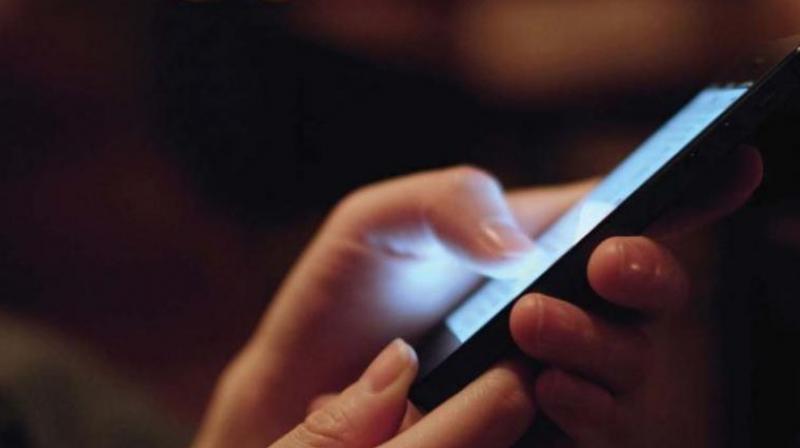Teens who stay up till late night more prone to emotional and behavioural issues
Night owls 88 per cent more likely to have emotional, behavioral problems and 25 per cent more likely to have poor mental health.

Adolescents who are naturally inclined to stay up late at night are more likely to suffer from insomnia as well as behavioral and emotional problems than their peers who prefer an earlier bedtime, a recent study suggests.
Researchers surveyed 4,948 secondary school students in Hong Kong, ages 12 to 18, about their sleep habits and their physical and mental health. Overall, about 23 per cent had a night owl or “eveningness” circadian rhythm, or a natural tendency to be late-to-bed and late-to-rise types.
Night owls were 88 per cent more likely to have emotional and behavioral problems than other teens and 25 per cent more likely to have poor mental health.
Roughly half of these night owls had insomnia symptoms, especially trouble getting to sleep and staying asleep. Insomnia was independently associated with more than tripled odds of emotional, behavioral and mental health issues.
“Not getting enough sleep or having poor sleep may negatively affect one’s ability to regulate emotions and decision making, thereby contributing to the risk of developing mental health problems,” said lead study author Shirley X. Li of the University of Hong Kong.
“There is a bi-directional relationship between sleep disruption and emotional and behavioral problems,” Li said by email. Poor sleep may lead to mental health issues, and behavioral or emotional problems may also cause difficulties with sleep.
Roughly two-thirds of the teens in the study were considered “intermediate-type” sleepers, meaning their biological clocks weren’t set for an exceptionally early or late bedtime. About 9 per cent of the participants were early to bed, early-to-rise types with a “morningness” circadian rhythm.
Among participants with an “eveningness” circadian rhythm, about 11 per cent had difficulty falling asleep and almost 4 per cent had trouble staying asleep.
A greater proportion of these night owls, 22 per cent, also reported poor mental health, compared to about 15 per cent of other teens, as well as emotional and behavioral problems: 38 per cent versus 24 per cent.
The study wasn’t a controlled experiment designed to prove whether or how sleep might cause mental health issues, nor does it explain whether or how behavioral or emotional problems might cause poor sleep.
Another limitation is that researchers relied on teens to recall and report on their sleep habits and mental health issues, which might not always be accurate, the authors note in Sleep Medicine.
Even so, the results offer fresh evidence of the relationship between short sleep duration and poor sleep quality and emotional and behavioral health in teens, said Dr. Judith Owens, director of sleep medicine at Boston Children’s Hospital and a researcher at Harvard Medical School.
“While insomnia has been clearly linked to these adverse outcomes in previous studies, this study suggests that insomnia and evening chronotype are independently associated with these outcomes,” Owens, who wasn’t involved in the study, said by email.
Parents may not be able to reset teens’ biological clocks, but they can still take steps to help their kids get a better night’s sleep, said Dr. Sujay Kansagra, director of the Duke Pediatric Neurology Sleep Medicine Program in Durham, North Carolina.
“The adolescent brain is different, and it is very normal for the teenage brain to have a delayed preference when it comes to going to bed late and waking up late,” Kansagra, who wasn’t involved in the study, said by email.
“The goal is to ensure there are not other factors that can worsen this intrinsic predisposition even further, thereby causing more sleep deprivation,” Kansagra added. “The keys are to avoid nighttime light exposure, especially from electronic devices, for 30 minutes prior to bed.”
